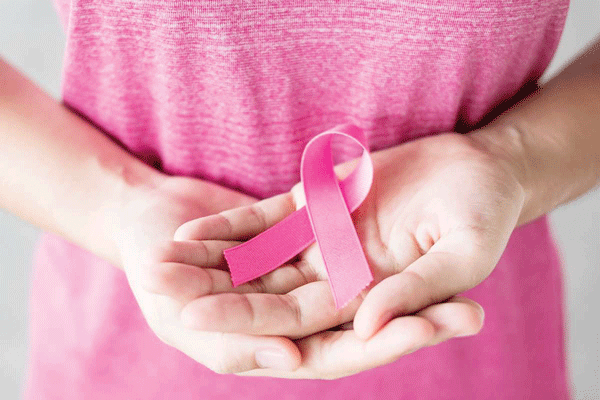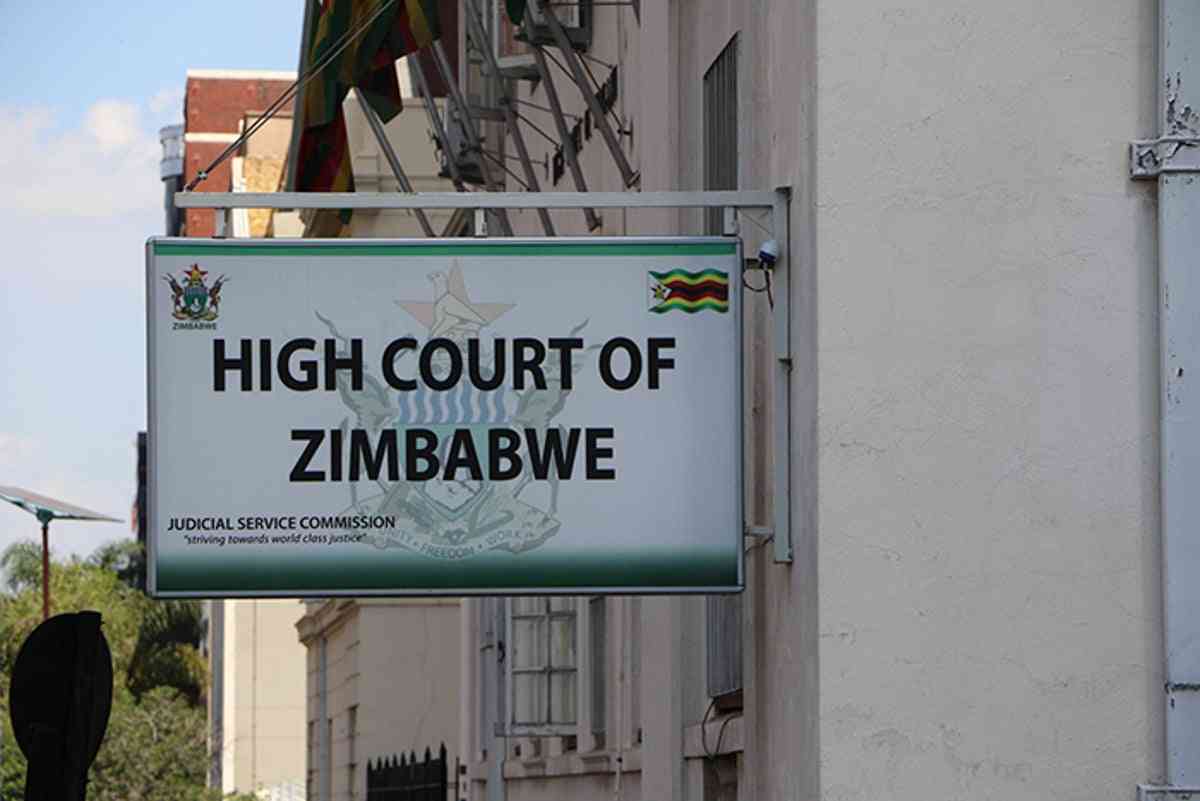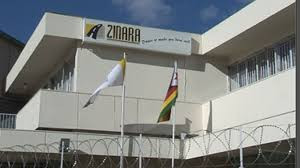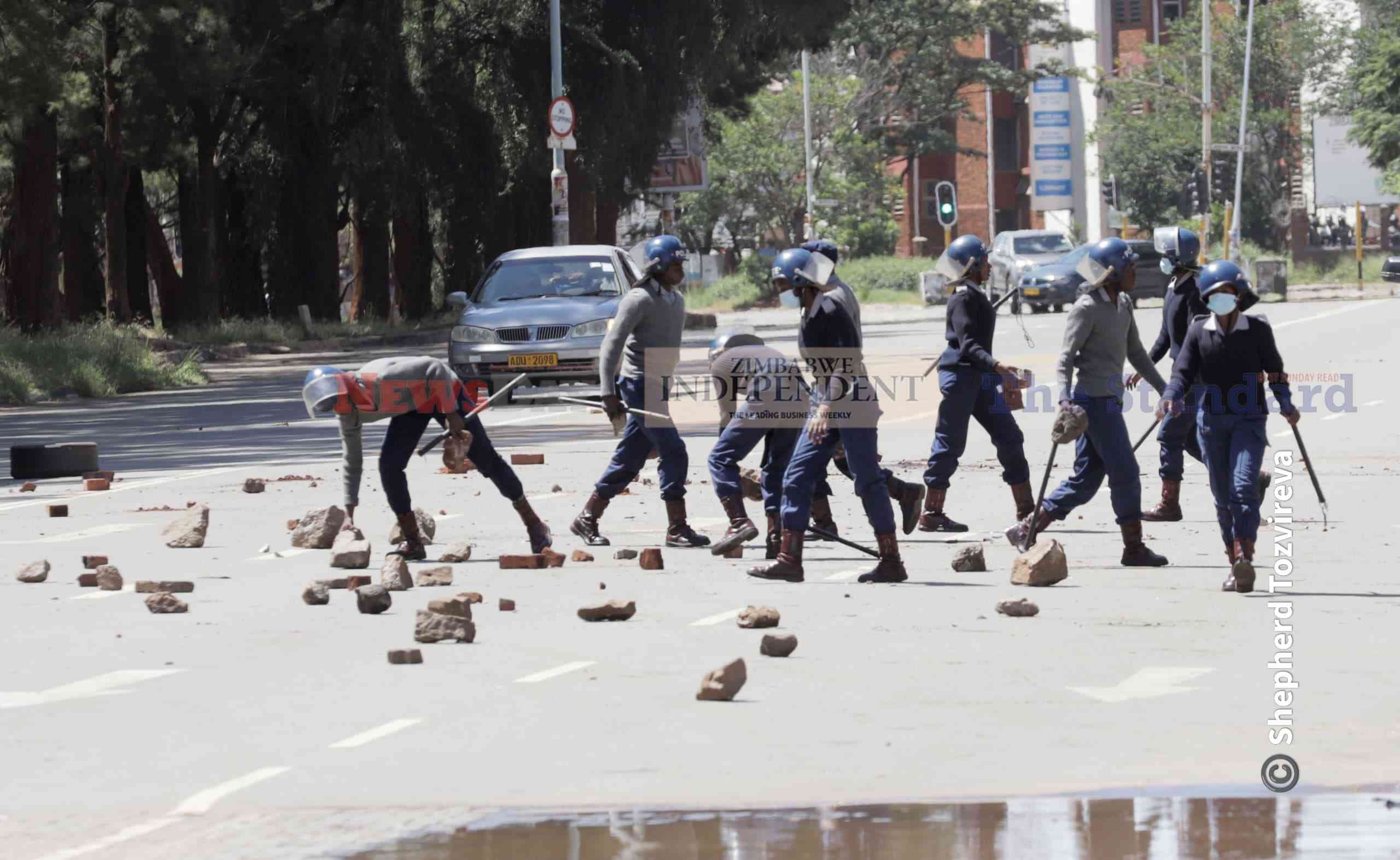
Guest Column: Michelle Madzudzo
It is my pleasure as a radiation therapist to be writing to all of you on World Cancer Day, which is an international day marked on February 4 and founded by the Union for International Cancer Control to support the goals of the world cancer declaration.
This day saves lives by raising awareness and educating the population about cancer.
It also serves to pressure governments and individuals to take action in order to prevent, treat and control cancer.
The three-year World Cancer Day campaign 2019-2021 “IAM AND I WILL” explores how everyone together or individually can help to reduce the burden of cancer, this campaign explores actions that “IAM AND I WILL ’’ do to save lives, achieve greater equity in cancer care, and make fighting cancer a priority at the highest political levels.
I am proud to be one of the 46 radiation therapists servicing the nation of Zimbabwe.
Being one of the allied health professions often forgotten by the public and media in a world where the national health system seems to consist of only doctors and nurses, the unsung heroes in the fight against cancer amid the COVID-19 pandemic will continue to make strides against the disease.
The profession plays a pivotal role in cancer management. Using a range of technical equipment, radiation therapists deliver accurate doses of radiation to the tumour to destroy the diseased tissue while minimising the amount of radiation to surrounding healthy tissue.
- Chamisa under fire over US$120K donation
- Mavhunga puts DeMbare into Chibuku quarterfinals
- Pension funds bet on Cabora Bassa oilfields
- Councils defy govt fire tender directive
Keep Reading
They have regular contact with patients before, during and after their treatment and will play a crucial role in helping them cope with the daily physical and psychological demands of having radiotherapy.
February 4, 2021 is the International World Cancer Day and as radiation therapists, we reflect on how we have been working hard over the years to ensure reliable, safe and consistent services are rendered at our institutions.
However, it is sad that with such well-equipped state-of-the-art radiation therapy facilities in the country, most of the cancer patients may not show up for treatment or come later on when alternative treatments have failed.
Radiation therapy, commonly known as kupisa in vernacular language, is the treatment of cancer and non-cancerous cells using ionising radiation in the form of high X-rays and gamma rays.
It is either given radically to achieve cure or for palliation in advanced disease to ease symptoms and improve the quality of life of the patient.
The patients are treated with very big machines called linear accelerators.
And it is normally given daily from Monday to Friday, with breaks during weekend until the treatment is finished depending on the number of days a patient is given.
In Zimbabwe, radiotherapy is offered at Parirenyatwa Group of Hospitals in Harare and Mpilo Central Hospital in Bulawayo, and a private cancer facility, Oncocare, in Newlands, Harare.
The centres provide treatment on an outpatient basis.
When it comes to something as important as radiation therapy in cancer treatment, getting to the bottom of some of the myths could help people make informed decisions in their battle against cancer and come to the radiation therapists for treatment on time.
As a senior radiation therapist with in-depth knowledge and expertise in the field of radiation therapy and oncology, I am here to dispel any myths and misconceptions you may have regarding radiation therapy.
Myth 1: Radiation is painful
The fact that radiation therapy is commonly called kupisa in our vernacular language has made many assume that the treatment results in a burning sensation and must be very painful.
Receiving radiation is not painful. The delivery process cannot be felt and is completely painless.
However, after a few weeks, there can be skin soreness and dryness over the treated area, but the side effects are temporary.
Myth 2: Radiation therapy will cause me to lose my hair
Hair loss on the head is typically only a risk factor if you are receiving radiation therapy to the brain.
In fact, hair loss on the head is a more common side effect of chemotherapy, not radiation therapy.
There are certain chemotherapy drugs that make hair fall, so prior treatment patients are advised to shave their heads bald, but the hair normally grows back some time after treatment.
Myth 3. Radiation therapy increases my chances of developing more cancers
The risk of a second cancer from radiation treatments is very low and a very late potential side effect of radiation that can occur later.
For adults, the risk of developing a radiation-induced cancer is only about one in 150 to one in 200.
This second cancer risk is most often outweighed by the benefit of treating the active known cancer.
At both centres, each patient works with his or her doctor to understand any late side effects of radiation therapy and all the risks versus benefit to make an informed decision about your course of cancer care.
Myth 4: Radiation therapy causes me to be more radioactive
The vast majority of radiotherapy — both external and internal — does not involve leaving any radioactive materials in the body.
So the patient will not be radioactive after treatment, and it is perfectly safe to be around loved ones.
Myth 5: Radiotherapy will cause cancer to spread and kill me
It is a fact that about 80% of our cancer patients present themselves at the radiotherapy institutions when the cancer is at an advanced stage.
Radiotherapy is very frequently given late in the course of cancer to palliate symptoms, often after the cancer has turned resistant to chemotherapy and has spread widely or when the patient is too frail to receive any other therapy.
The terminal cancer will take its natural course no matter what is done.
In such cases, relatives may form a misunderstanding that radiotherapy given soon before death caused the tumour to progress and the patient to die.
This is untrue. A good prognosis is the result of treating cancer at earlier stages
We encourage early detection and treatment to save lives.
I am a radiation therapist and I will fight cancer. Let us all join hands together in the fight against cancer!











